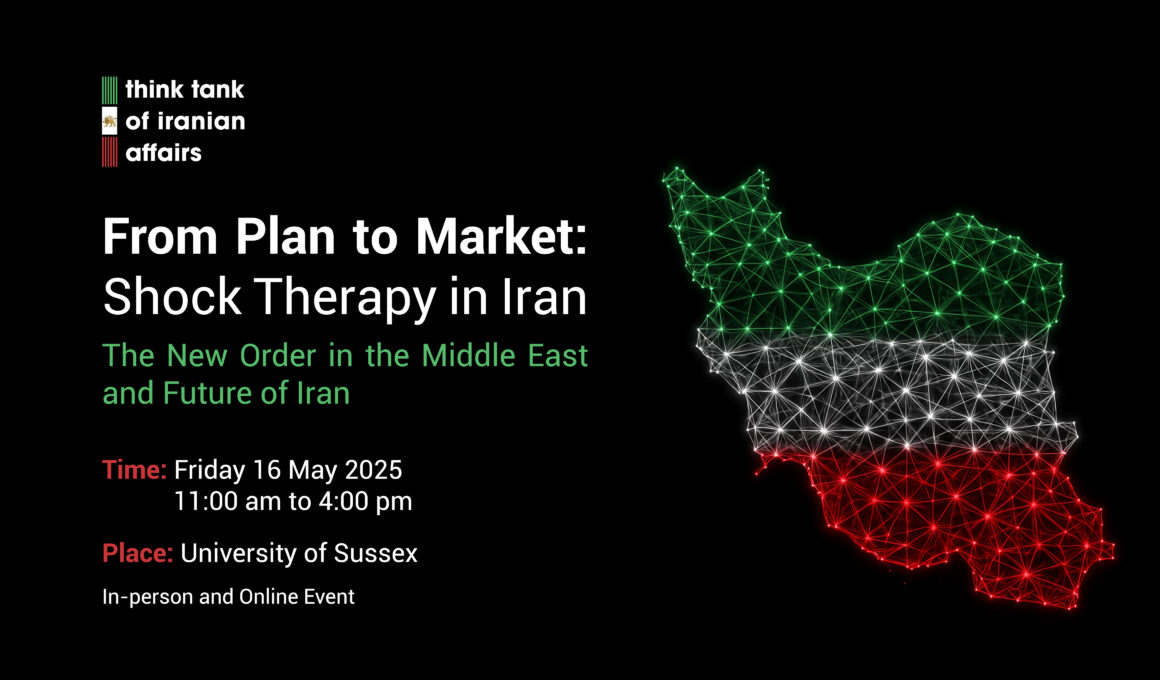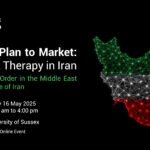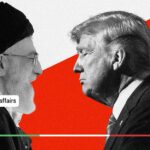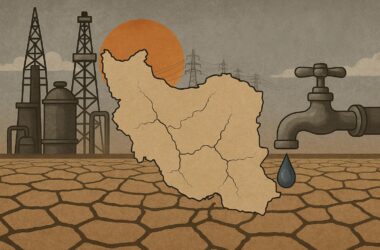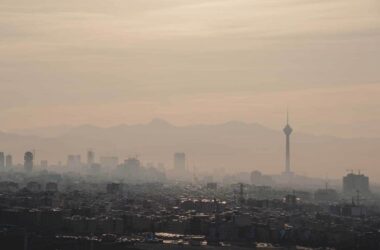The University of Sussex, in collaboration with the ThinkTank of Iranian Affairs, is proud to host the seminar “From Plan to Market: Shock Therapy in Iran,” as part of the broader theme “The New Order in the Middle East and the Future of Iran.” This timely gathering brings together scholars and economists to examine the critical crossroads Iran faces amid the regional transformations toward a “New Order.”Following the revolutions of 1989–1991, former communist countries embarked on varied paths to rebuild their economies and societies. Some successfully transitioned to liberal democracies and embraced free-market systems, while others fell back into the same oppressive patterns as before—marked by dictatorship, command economies, and the erosion of personal freedoms. The long-term success or failure of these nations largely hinged on the choices made during their periods of transition.Countries that implemented rapid and comprehensive economic reforms—often referred to as “shock therapy”—were better able to minimize the risks of state capture and the rise of oligarchies. In contrast, nations that delayed reform or adopted gradual, incremental approaches allowed entrenched interest groups to shape their economic landscapes, hindering liberalization and enabling new forms of state dominance.This historical experience holds profound lessons for Iran today. As the country grapples with the challenges of reform and economic transition, the experiences of other nations are more relevant than ever. This seminar seeks to explore the significance of transition economics and its potential role in shaping Iran’s future development.In addition, the seminar will examine the strategic role of external support during national transitions by drawing lessons from Latin America and beyond. We will explore two crucial dimensions: expert-driven policy reforms and financial assistance. By reflecting on Chile’s experience with international economic advisors, we aim to assess how external expertise can guide and strengthen policy-making during periods of profound political and economic change. Furthermore, through case studies such as Argentina’s interactions with the IMF, we will critically evaluate when external financial support fosters sustainable growth and democratic consolidation, and when it risks creating long-term dependency and instability.As Iran contemplates its path forward amidst shifting regional dynamics, this seminar offers a space for critical reflection and informed debate on how best to navigate complex transitions—from planning to markets, from crisis to stability.We warmly invite contributions that draw on international experiences, highlight key lessons, and propose thoughtful strategies to help guide Iran toward a stable and prosperous future.
Introduction to the seminar of: From Plan to Market: Shock Therapy in Iran
